Is the issue of power disruptions or dirty electricity a recurrent problem? If yes, buying a power manager for your home theater is a practical solution to protect your precious equipment. Fortunately, you can continue watching your favorite TV shows and movies without setting foot outside your home. In addition, you may maximize the time you spend enjoying your pricey home theater system.
However, buying the best power manager for your home theater may require a lot of research. Therefore, it would help if you considered several factors that can guide you in choosing the most suitable power manager. Continue reading to learn all these insights in this in-depth guide.
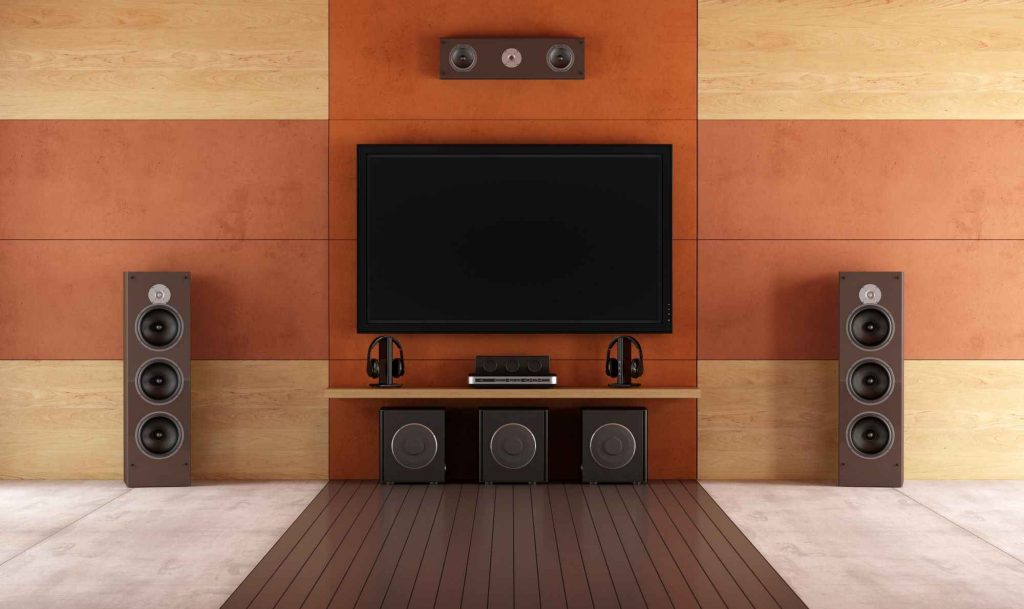
Factors To Consider In Choosing A Power Manager
-
Size of The Power Manager
Power managers come in a broad range of sizes, and this usually depends on the number of outlets. The more outlets you need, the bigger your power manager. So before buying this equipment, confirm you have enough space. Typically, for smaller power managers, you can place this equipment under your television. However, for the bulkier ones, it would be best to mount them on the wall as this offers more excellent stability.
Also Read: 7 Things to Keep in Mind While Setting Up a Home Theatre
-
Consider Your Budget
How much money are you ready to spend to buy a home theatre power manager? It would be best if you asked yourself this question to guide you in deciding the best power conditioner to buy. This is especially vital as the price of power managers varies greatly, ranging between USD$100 to USD$150. Nonetheless, other power conditioners can go as high as USD$500 to USD$1000. With this significant difference, you must consider your finances to decide which power manager is within your budget.
Check the cost of your home theater to help you decide whether to go for an affordable or costly power manager. Remember that the more expensive your home theater, the more you should be willing to spend when buying a power manager. It’s worth noting that these expensive power managers come with additional features such as:
- A higher number of outlets
- Surge protection
- Power conditioning
- Quality power filtration
- Lifetime protection policy
So, it’s up to you to decide whether you want these additional features to protect your home theater. Keep in mind that your power manager’s ability to provide different outlets and superior noise filtering is directly related to this.
-
Check The Power Cord
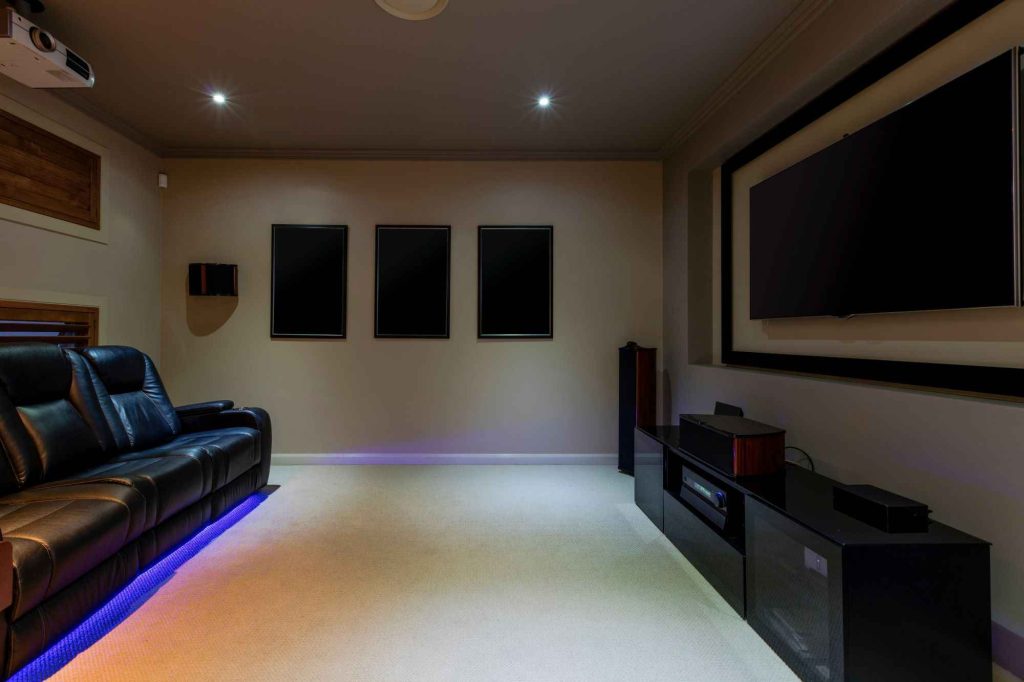
How long is the power cord of your home theater power manager? The power cord’s length is another factor you must consider before buying your power manager. Ideally, the power cord must be long enough to filter dirty power properly. A sufficiently long cable is ideal since it reduces the likelihood of problems occurring during installation.
It’s also essential that the power cable is lightweight and durable to ensure it can withstand damage. These qualities ensure your power cord will serve you for years without losing its functionality. Remember, power managers are expensive gadgets, and the last thing you want is for the power cord to be easily damaged.
Get a power cable that is the right length to avoid problems like insufficient power cord length, which may require moving the entertainment center’s devices closer to the wall outlets, or having too lengthy power cords, which may create organizational problems.
-
UL Certification
The Underwriter’s Laboratory (UL) Certification is an international quality assurance standard. A home theater power manager who has earned UL approval is a safe and reliable choice. However, a power manager that isn’t UL-approved can still serve its purpose reliably. Although with the magnitude of the investment, it’s best to take your time, which is why it’s crucial to look for the UL mark on any equipment you’re considering.
-
Number Of Outlets
You must ensure that the power manager safeguards every component of your home theater. For this reason, you must inspect the number of outlets in your home theater power manager before buying one. Moreover, the power manager you must buy should be able to accommodate all your existing appliances. Typically, the number of outlets is an even number, between six and twelve.
Also, choosing a power manager with extra outlets is recommended in case you’ll need them in the future. Any components you add to your home entertainment system will continue to be safeguarded by the power manager. It’s worth noting that each power management has a unique plug size. Therefore, it’s advised that you invest in a power manager with several outlets of varying sizes.
-
Surge Protection
Surge protection also called clamping voltage, is essential in any power manager. After all, you’ll be paying between USD$200 to USD$500 for the power manager, so you must ensure that it comes with a built-in surge protector. The recommended surge protection levels should be between 120 to 400V, which is optimal for protecting your home theater from voltage surges. As a result, this prolongs the life of your home theater.
-
Absorption Rate
Absorption rate refers to the amount of power your power manager can handle. Your home theater power manager’s recommended absorption rate should be at least 500 joules. This ensures your power manager can effectively absorb and filter or manage power to avoid damage to your home theater.
-
Know Your Needs
Picking the ideal power manager for your home theater can also be aided by carefully considering your needs. Among the questions that can help in determining your requirements are the following:
- What kind of equipment do you have?
- What’s the size of your home theater?
You can zero in on the power manager that will work best with your home theater by answering these questions. A power conditioner that can effectively handle electricity does well to protect the different home theater appliances, such as the receiver and subwoofer.
Also Read: How Long Should a Portable Charger Last?
Takeaway
Buying a power manager is the best way to ensure your home theater is protected from issues such as power surges. But for maximum efficiency, you need a power manager that provides the best value. This would be the wisest course of action because the power manager is costly. Reading this guide has eased your journey to find an ideal power manager by detailing factors you need to know to help you select one.
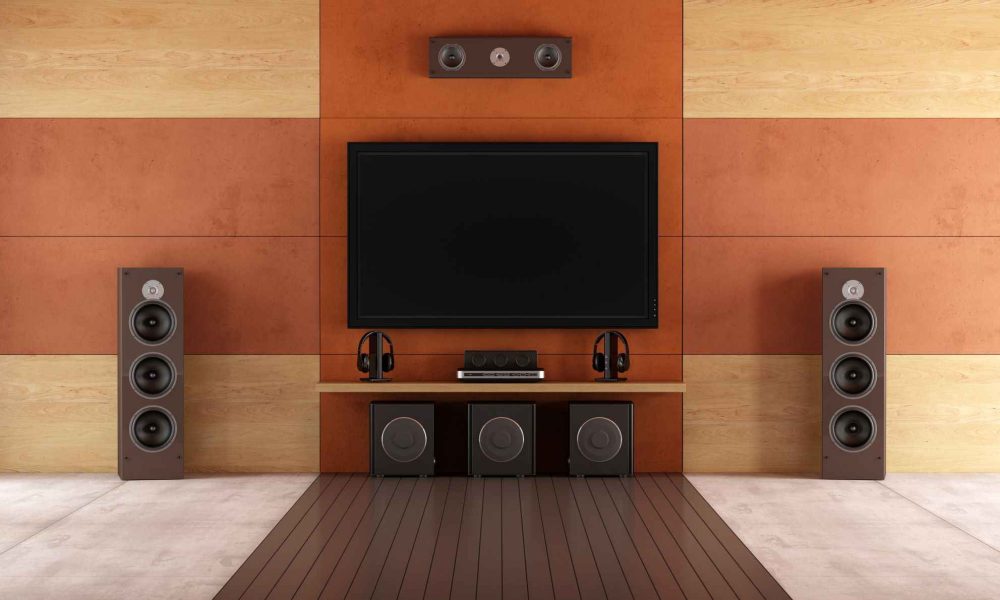

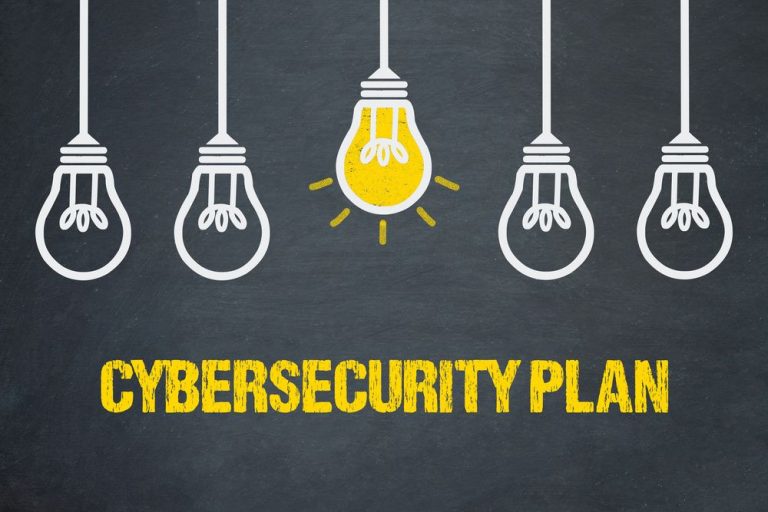
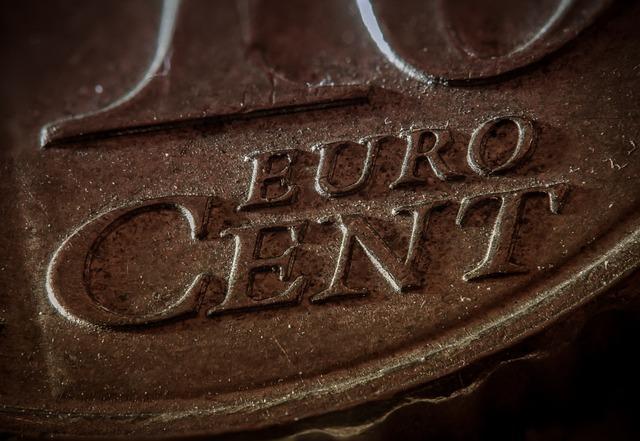
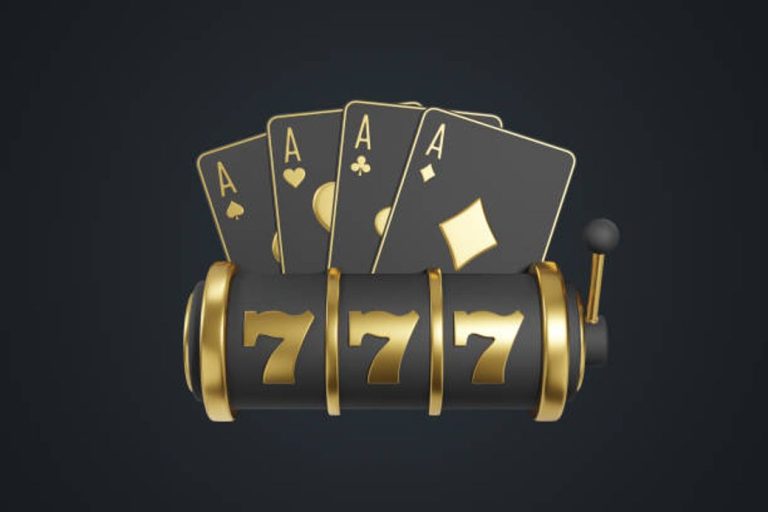




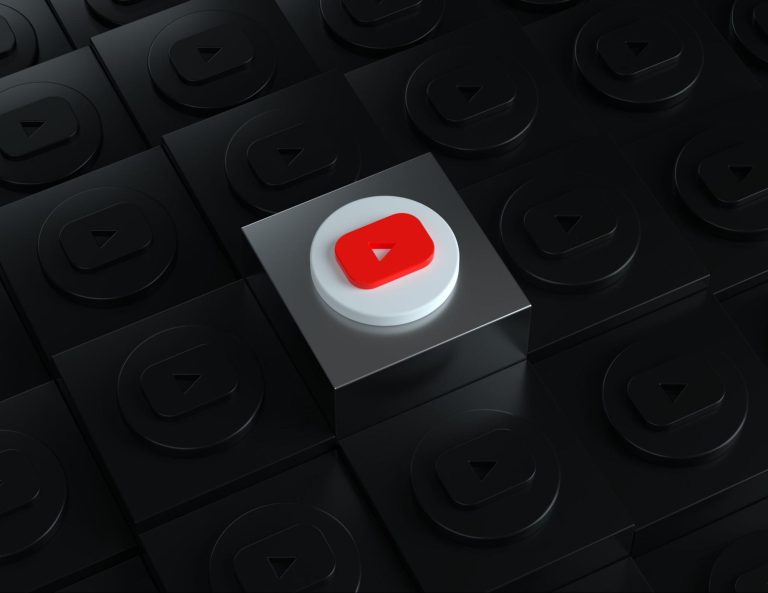




+ There are no comments
Add yours